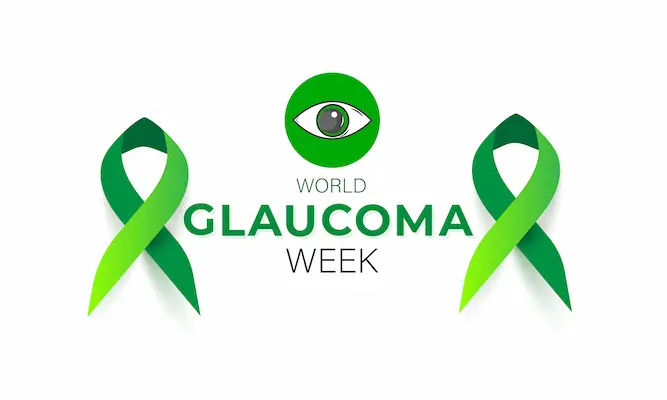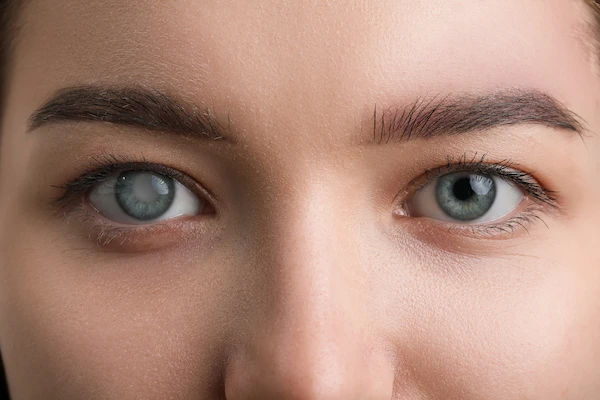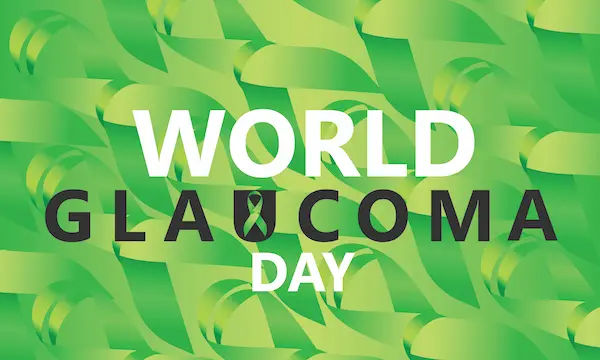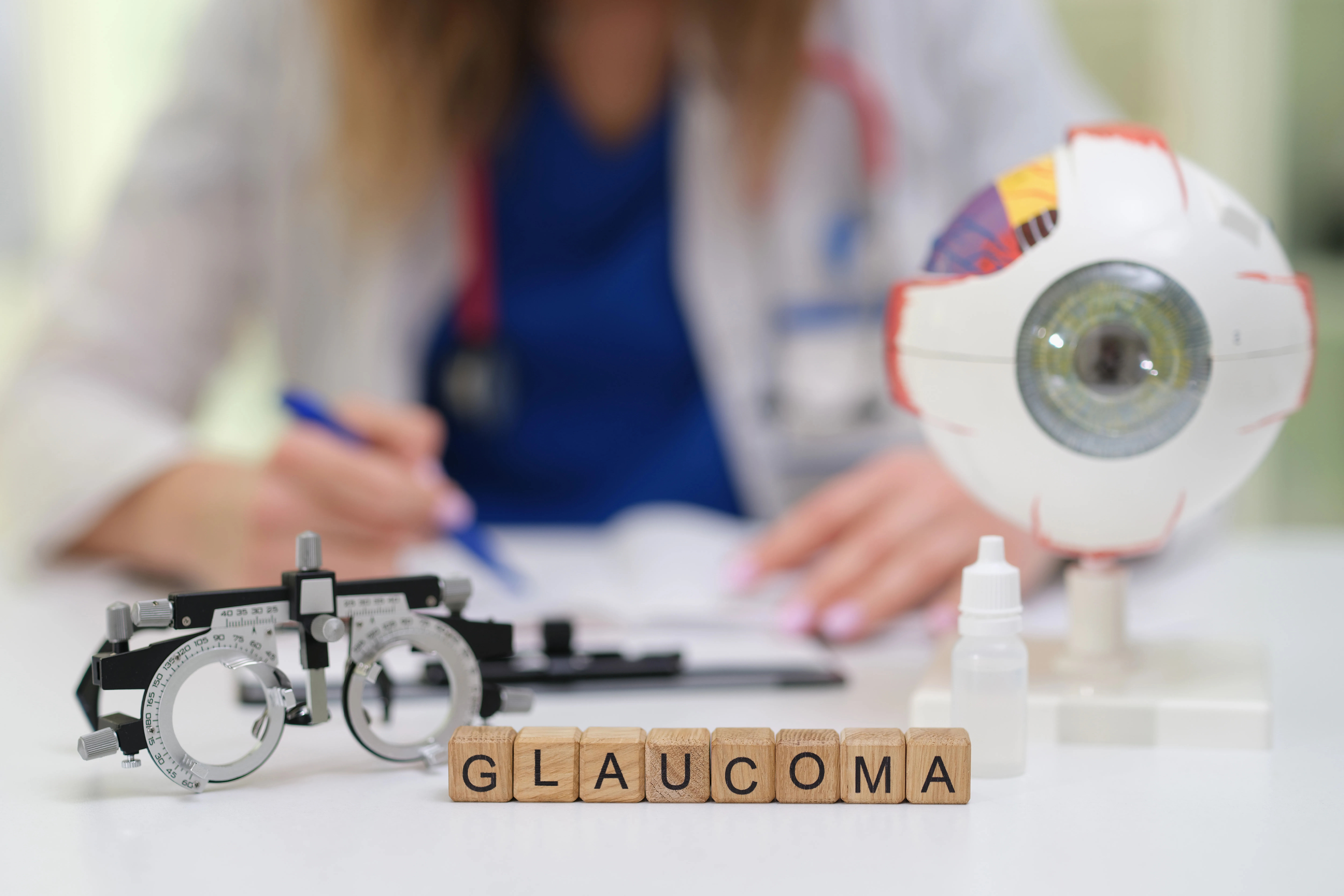How to Prevent Glaucoma: Effective Strategies to Protect Your Vision
Discover effective strategies to prevent glaucoma and protect your vision. Learn about risk factors, early detection, lifestyle tips, and medical approaches that can help reduce the chances of developing this sight-threatening condition.

Written by Dr. Dhankecha Mayank Dineshbhai
Reviewed by Dr. Mohammed Kamran MBBS, FIDM
Last updated on 13th Jan, 2026

Glaucoma is often called the "silent thief of sight" for a reason. This group of eye conditions damages the optic nerve, typically without any early warning signs or pain, leading to irreversible vision loss. While certain risk factors like age and genetics are beyond our control, the narrative that nothing can be done is simply false. Proactive prevention and early detection are your most powerful weapons in the fight to preserve your eyesight. This article moves beyond general advice to provide a comprehensive, actionable guide on how to prevent glaucoma from robbing you of your vision. We will delve into the critical importance of regular eye exams, explore the surprising impact of diet and exercise on eye pressure, and unpack the lifestyle modifications that can significantly reduce your risk. Your journey to lifelong eye health starts here.
What is Glaucoma?
Glaucoma is not a single disease but a group of eye disorders that result in damage to the optic nerve, which connects the eye to the brain. The most common type, primary open-angle glaucoma, is often linked to a buildup of pressure inside the eye (intraocular pressure or IOP). This pressure damages the optic nerve fibers, creating blind spots in your visual field that you may not notice until the damage is severe and permanent.
Why is Prevention So Critical?
The vision loss caused by glaucoma is irreversible. Once nerve cells die, they cannot be regenerated. This stark reality makes prevention and early intervention paramount. The goal of glaucoma prevention is not necessarily to stop it from ever developing—though that is ideal—but to detect it at its earliest, most treatable stage before any significant vision loss occurs. Effective management can almost always halt the progression of the disease, allowing you to retain your useful eyesight for life.
1. The Importance of Comprehensive Dilated Eye Exams
- The single most effective way to prevent glaucoma-related blindness is through regular, comprehensive dilated eye exams. During this exam, an eye care professional uses drops to widen (dilate) your pupils, allowing them to get a clear view of your optic nerve, retina, and other internal eye structures. They will also measure your intraocular pressure (tonometry) and test your peripheral vision. This is the only way to catch glaucoma in its tracks before it affects your sight.
2. Recommended Screening Schedule Based on Your Risk
A one-size-fits-all approach doesn't work. Your screening schedule should be personalized:
- General Population: Every 2-4 years after age 40.
- High-Risk Individuals (over 60, family history, African or Hispanic ancestry, history of eye injury): Every 1-2 years after age 35.
- If you fall into a high-risk category, consulting an ophthalmologist online with Apollo24|7 is a convenient first step to determine the best screening plan for you.
Consult Top Eye Specialists
Lifestyle and Dietary Choices for Healthy Eye Pressure
Emerging research suggests that diet plays a supportive role in managing intraocular pressure and protecting the optic nerve. Focus on a nutrient-rich diet.
Nutrients that Matter: Antioxidants, Nitrates, and Omega-3s
- Leafy Green Vegetables: Kale, spinach, and collard greens are rich in nitrates, which the body converts to nitric oxide. Nitric oxide helps improve blood flow and may regulate pressure within the eye.
Colourful Fruits and Berries: Foods like peaches, oranges, berries, and nectarines are high in antioxidants and vitamins A, C, and E, which protect cells from oxidative stress linked to optic nerve damage.
Omega-3 Fatty Acids: Found in fatty fish like salmon, tuna, and sardines, omega-3s support proper drainage of intraocular fluid and improve blood flow to the eye.
Foods and Habits to Limit or Avoid
- Caffeine: For some individuals, consuming large amounts of caffeine can cause a temporary spike in IOP.
Saturated Fats: These can contribute to poor vascular health, impairing blood flow to the optic nerve.
Smoking: Smoking constricts blood vessels and increases oxidative stress, significantly elevating your risk for glaucoma and its progression.
The Role of Physical Activity and Overall Wellness
Let’s see how physical activity affect eye health:
- Safe Exercises for Optimal Eye Pressure: Regular, moderate aerobic exercise—such as brisk walking, jogging, cycling, or swimming—can help reduce intraocular pressure. Aim for at least 30 minutes of moderate exercise most days of the week. The key is consistency; the IOP-lowering effect is temporary but can be maintained with a regular routine.
- The Impact of Yoga and Inversion Poses: While exercise is beneficial, certain activities can be harmful. Head-down yoga poses, inversion tables, and weightlifting while holding your breath (the Valsalva maneuver) can dramatically increase intraocular pressure. If you have glaucoma or are at high risk, it's crucial to modify these activities and discuss safe exercise options with your doctor.
Protecting Your Eyes from External Factors
Here’s how to protect eyes from external factors:
- Using Protective Eyewear During Sports and Work: A serious eye injury can trigger traumatic glaucoma, which can develop years after the incident. Always wear polycarbonate protective eyewear when using power tools, playing racquet sports, or engaging in any activity where a projectile or impact is possible.
- Managing Digital Eye Strain in the Modern World: While screen time doesn't cause glaucoma, it can lead to digital eye strain, which shares symptoms like headaches and blurred vision. Practice the 20-20-20 rule: every 20 minutes, look at something 20 feet away for 20 seconds. This reduces strain and encourages blinking, which keeps eyes lubricated.
Understanding and Managing Your Personal Risk Factors
Managing personal risk factors:
- Non-Modifiable Risks: Age, Family History, and Ethnicity
Being over 60, having a direct relative with glaucoma, and being of African, Hispanic, or Asian ancestry increases your risk. Knowing your risk profile empowers you to be more vigilant about screenings. - Modifiable Risks: Conditions Like Diabetes and Hypertension
Systemic health is intimately connected to eye health. Conditions like diabetes and high blood pressure can damage blood vessels in the optic nerve. Managing these conditions through diet, exercise, and medication as prescribed by your doctor is a fundamental form of glaucoma prevention.
Stress and Glaucoma
Here’s how stress can affect glaucoma:
How Stress Affects Intraocular Pressure
- Chronic stress can lead to elevated cortisol levels and poor blood flow regulation, which may contribute to increases in IOP. While the link is still being studied, managing stress is a cornerstone of overall wellness that benefits your eyes.
Stress-Reduction Techniques for Eye Health
- Incorporating practices like meditation, deep breathing exercises, and mindfulness can help manage stress levels. This not only contributes to potential IOP control but also improves your quality of life, making you more likely to adhere to other healthy glaucoma prevention habits.
Conclusion
Preventing glaucoma is a lifelong commitment to proactive eye care, not a one-time action. While we cannot change our age or genetics, we have immense power over our lifestyle choices, screening habits, and overall health management. By embracing regular comprehensive eye exams, adopting a nutrient-dense diet, engaging in safe exercise, and protecting your eyes from harm, you build a powerful defense against the "silent thief of sight." Remember, the goal is to preserve the vision you have today. Start implementing these strategies now, and partner with an eye care professional to create a personalized plan that keeps your world bright and clear for years to come. Your vision is priceless; take the steps today to protect it.
Consult Top Eye Specialists
Consult Top Eye Specialists
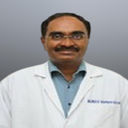
Dr. K Sreekumar Reddy
Ophthalmologist
26 Years • MBBS MD (Ophthalmology) EGESTOLP
Hyderabad
Apollo Hospitals Jubilee Hills, Hyderabad
(50+ Patients)

Dr. Shikha Fogla
Ophthalmologist
17 Years • MBBS; MS Ophthal, Fellow in Anterior Segment & Glaucoma
Hyderabad
Apollo Hospitals Jubilee Hills, Hyderabad
(50+ Patients)
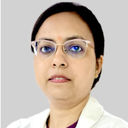
Dr. Shivani Grover
Ophthalmologist
9 Years • MS (Ophthalmology), Fellowship Cataract, Squint & Paediatric Ophthalmology
Lucknow
Apollomedics Super Speciality Hospital, Lucknow
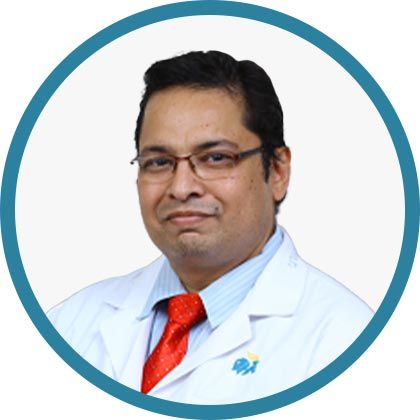
Dr. Pratik Ranjan Sen
Ophthalmologist
20 Years • MBBS; MS; DO
Chennai
Apollo Hospitals Greams Road, Chennai
(25+ Patients)
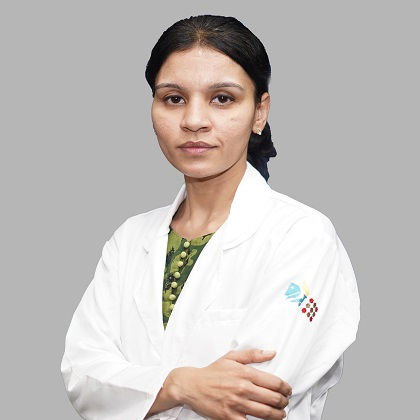
Dr Monica Gour
Ophthalmologist
9 Years • MS(Ophthalmology) Fellowship in Cornea
Lucknow
Apollomedics Super Speciality Hospital, Lucknow
Consult Top Eye Specialists

Dr. K Sreekumar Reddy
Ophthalmologist
26 Years • MBBS MD (Ophthalmology) EGESTOLP
Hyderabad
Apollo Hospitals Jubilee Hills, Hyderabad
(50+ Patients)

Dr. Shikha Fogla
Ophthalmologist
17 Years • MBBS; MS Ophthal, Fellow in Anterior Segment & Glaucoma
Hyderabad
Apollo Hospitals Jubilee Hills, Hyderabad
(50+ Patients)

Dr. Shivani Grover
Ophthalmologist
9 Years • MS (Ophthalmology), Fellowship Cataract, Squint & Paediatric Ophthalmology
Lucknow
Apollomedics Super Speciality Hospital, Lucknow

Dr. Pratik Ranjan Sen
Ophthalmologist
20 Years • MBBS; MS; DO
Chennai
Apollo Hospitals Greams Road, Chennai
(25+ Patients)

Dr Monica Gour
Ophthalmologist
9 Years • MS(Ophthalmology) Fellowship in Cornea
Lucknow
Apollomedics Super Speciality Hospital, Lucknow
More articles from Glaucoma
Frequently Asked Questions
Can you reverse glaucoma with diet?
No, any vision loss from glaucoma is permanent and cannot be reversed. However, a healthy diet rich in specific nutrients can play a supportive role in managing intraocular pressure and protecting the optic nerve from further damage, working in tandem with prescribed medical treatments.
What are the very earliest signs of glaucoma?
Unfortunately, open-angle glaucoma typically has no early warning signs or symptoms until noticeable vision loss occurs. This is why it's called the 'silent thief.' The earliest signs are only detectable by an eye doctor during a dilated exam, which can reveal optic nerve damage or elevated pressure before you notice any change.
At what age should you start getting checked for glaucoma?
The American Academy of Ophthalmology recommends a baseline comprehensive eye exam at age 40. However, if you have any risk factors for glaucoma like a family history, diabetes, or extreme nearsightedness, you should start getting regular dilated exams much earlier, as advised by your eye doctor.
Does reading in dim light cause glaucoma?
No, reading in dim light does not cause glaucoma. It can cause temporary eye strain and fatigue, but it does not affect the intraocular pressure or damage the optic nerve. The primary causes are related to eye pressure, genetics, and age.
How can I test for glaucoma at home?
There is no reliable way to test for glaucoma at home. Measuring intraocular pressure and examining the optic nerve require specialized medical equipment. While some apps test visual fields, they are not a substitute for a comprehensive exam. Rely on scheduled appointments with your eye care professional for accurate diagnosis and monitoring.
